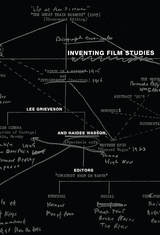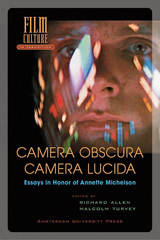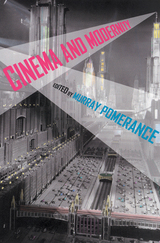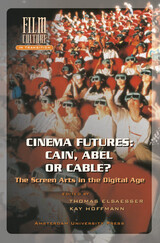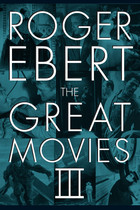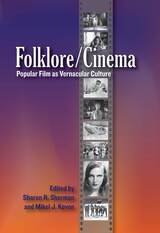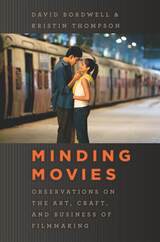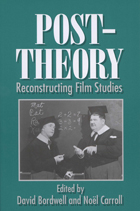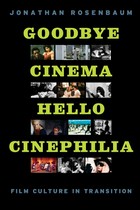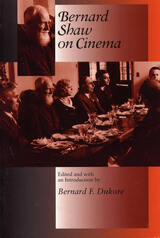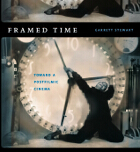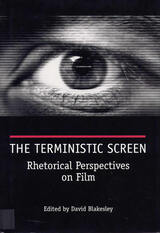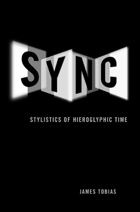eISBN: 978-1-937561-98-7 | Paper: 978-1-937561-18-5
Library of Congress Classification PN1994.E65513 2014
Dewey Decimal Classification 791.4301
The advent of the cinema radically altered our comprehension of time, space, and reality. With his experience as a pioneering avant-garde filmmaker, Jean Epstein uses the universes created by the cinematograph to deconstruct our understanding of how time and space, reality and unreality, continuity and discontinuity, determinism and randomness function both inside and outside the cinema. Time, he says, should be regarded as the first, not the fourth, dimension—and the cinematograph allows us, for the first time, to manipulate it in directions and speeds of our choosing.
The theoretical work of Jean Epstein greatly influenced later generations of cinema philosophers, notably Gilles Deleuze and Jacques Rancière, but the bulk of his work remains unpublished. The Intelligence of a Machine, his first major title published in English, is one of the earliest philosophies of cinema.
See other books on: Epstein, Jean | Intelligence | Machine | Motion pictures | Philosophy
See other titles from University of Minnesota Press







